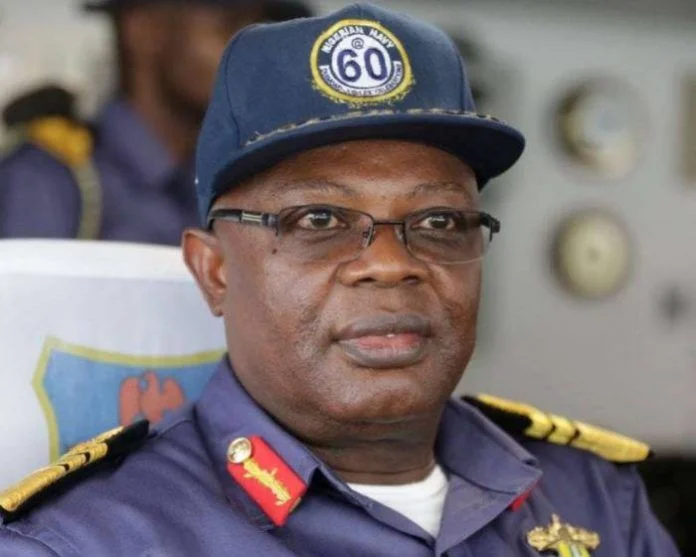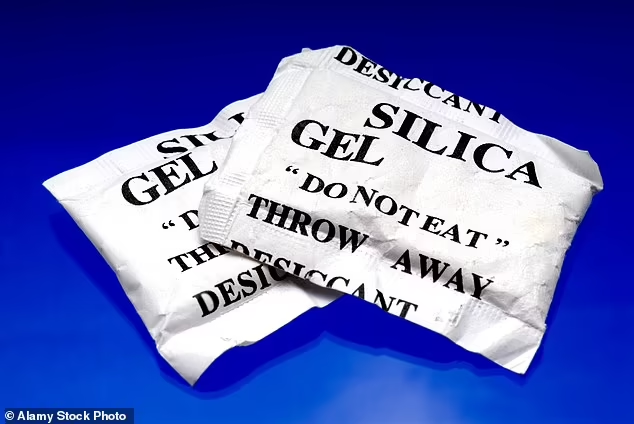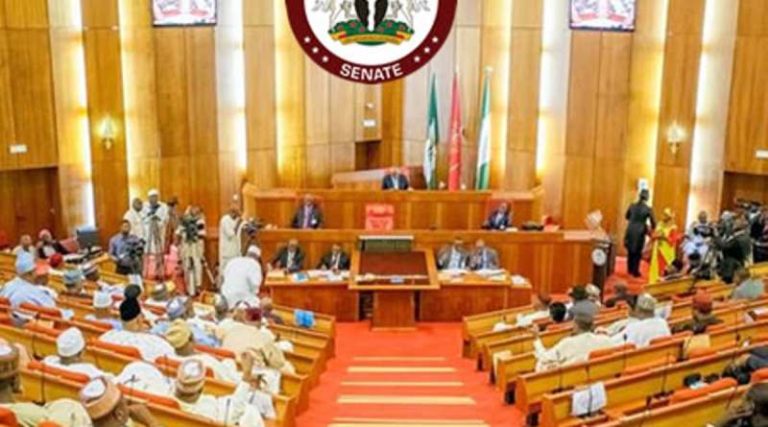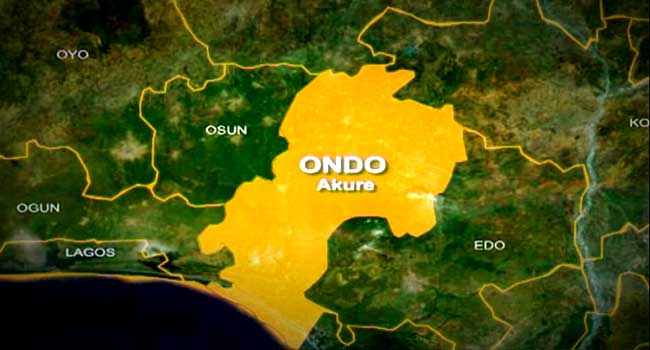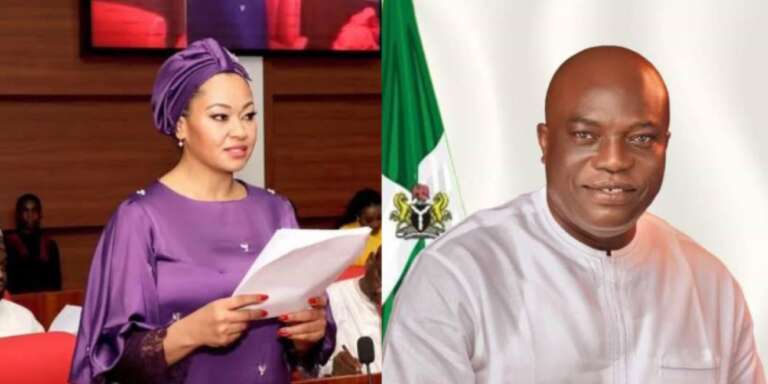- Odinkalu says it is unprecedented for Justice Abang’s panel, “a panel this junior to be constituted to sit upon a decision of a much more senior panel of the Court of Appeal”
The Court of Appeal Abuja division on Tuesday stayed actions earlier delivered against the reinstatement of Muhammadu Sanusi II as the 16th Emir of Kano.
In a unanimous ruling delivered by a three-member panel of justices, presided over by Hon. Justice Biobele Abraham Georgewill, the court agreed to the withdrawal of the application filed by the Kano State Government after the transmission of the record of appeal to the Supreme Court.
While resuming the hearing to rule on the enforcement of its earlier orders, counsel to the Kano State Government, Barrister Ibrahim Wangida, informed the court of a notice of appeal against the stay of execution granted on Friday, March 14, 2025.
Barrister Wangida told the court that all necessary legal actions had been completed, including the transmission of the record to the Supreme Court.
The transmission of the record of appeal to the Supreme Court, by implication and judicial precedent, operates as a stay of any action on the ruling of the Court of Appeal delivered on March 14, 2025.
Recall that Justice Abang, on Friday, March 14, 2025, ordered a stay of execution of an earlier judgment of the court that validated the reinstatement of Muhammadu Sanusi II as the 16th Emir of Kano.
The judge also ordered all parties to maintain the status quo ante bellum, as well as the sheriff of the court and the trial court, as it was before the trial court’s judgment delivered on June 13, 2024, in suit no. FHC/KN/CS/182/2024.
Dissatisfied with Justice Abang’s verdict, counsel to the Kano State Government, Mr. Wangida, faulted the March 14 ruling, arguing that it constituted a gross error in interpreting constitutional provisions. He noted that an appeal had already been filed before the apex court.
Responding to the notice of the application, counsel to the appellant, Abdul Fagge (SAN), who did not object to the notice, told the court that the respondent acted within constitutional provisions.
The Kano State Government had reinstated Muhammadu Sanusi II as the 16th Emir of Kano pursuant to the Kano State Emirate Council (Repeal) Law 2024. The same law deposed Aminu Ado Bayero as the 15th Emir, along with four first-class emirs appointed by former Governor Abdullahi Umar Ganduje.
Bayero, however, has forcefully returned and occupied the Nasarawa mini palace in Kano under heavy security cover while challenging his removal by the state government.
In a statement issued on 25 March 2025, a Professor of Law and ex-chair of the National Human Rights Commission (NHRC) queried why a Justice Abang who became a justice of appeal in 2023 sat in judgment over the decision of Justice Gabriel Kolawole, a Justice of Appeal since 22 June, 2018 on the same matter.
“On 14 March, 2025, a three-judge panel of the Court of Appeal sitting in Abuja in Appeal No., CA/KN/27/M/2025, Alhaji Aliyu Babba Dan Sarki Dawaki Babba vs. Kano State House of Assembly & 7 Ors, granted a “Mandatory Injunction” (not a stay of execution) arresting the enforcement of the judgment of the same Court of Appeal on 10 January 2025 in Appeal No. CA/KN/126/2024, Kano State House of Assembly & Anor vs. Alhaji Aminu Babba Dan Agundi & Ors.
“The earlier judgment of the Court was delivered by a panel led by Justice Gabriel Kolawole, a Justice of Appeal since 22 June, 2018. The latter decision arresting that judgment was given by a panel led by Justice Okon Abang, a Justice of the Court of Appeal since 20 September 2023. Other members of the latter panel were Justice Eberechi Suzette Nyesom-Wike (Justice of the Court of Appeal since 10 July 2024) and Justice Oyejoju Oyewumi (Justice of the Court of Appeal since 10 July 2024). This panel of the Court of Appeal included the wife of the Minister of the FCT, Nyesom Wike.
“In terms of seniority in the Abuja division of the Court of Appeal, Justice Okon Abang is no. 6 out of 10; Justice Nyesom-Wike is No. 9; and Justice Oyewumi is the last. It is unprecedented for a panel this junior to be constituted to sit upon a decision of a much more senior panel of the Court of Appeal. It is equally notable that the President of the Court of Appeal has unilaterally moved this case to Abuja from Kano.
“The subject matter of this appeal is a fundamental rights claim by a disaffected king-maker in respect of the stool of the Kano Emirate from which Aminu Ado Bayero was deposed. The Court of Appeal in Kano had denied that claim, holding that the Federal High Court had no jurisdiction over essentially chieftaincy matters.
“Following this decision, Aminu Ado Bayero, who is not a named party in the case, notified the security services in Kano of his intention to hold an Eid-El-Fitr Durbar at the end of the holy month of Ramadhan. I am reliably informed by sources within the Court of Appeal of plans by some people to procure an order of the same Court of Appeal on Tuesday, 25 March 2025 to enjoin the security authorities in Kano to ensure co-operation with and protection for the Durbar proposed by Aminu Ado Bayero.
“Meanwhile, on Monday, 24 March 2025, the Supreme Court entered an appeal against the ruling of the Okon Abang-led Court of Appeal panel as Appeal No SC/CV/279/2025. This should ordinarily preclude the Court of Appeal from further engagement with the subject matter but these are no ordinary times and no one can say what could happen.”


